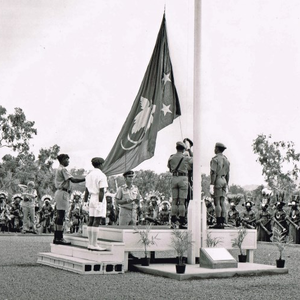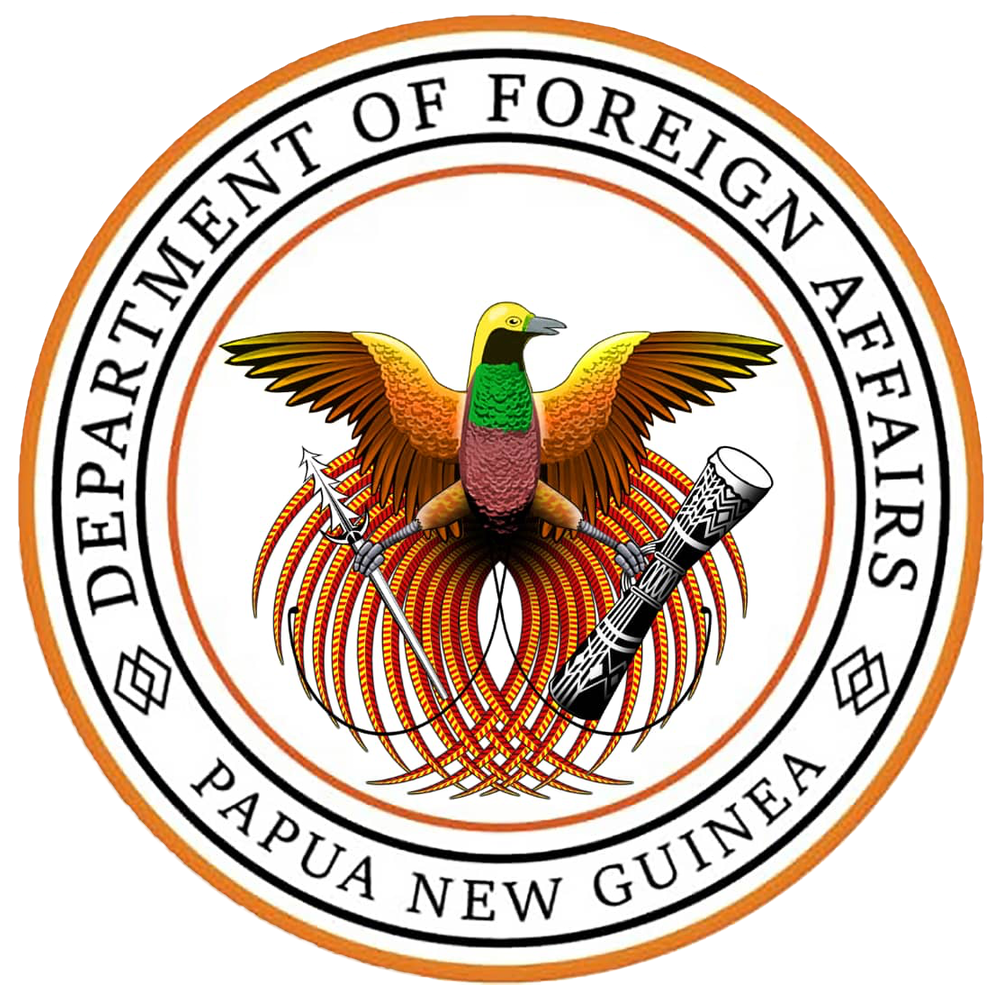About PNG: Post-colonial Politics
The post-colonial politics of Papua New Guinea (PNG) have been characterized by a complex interplay of traditional structures, cultural diversity, economic challenges, and the establishment of democratic institutions. Following its independence from Australia in 1975, Papua New Guinea embarked on a path of nation-building and self-governance, navigating the complexities of modern governance within the context of its rich cultural tapestry.
One of the early challenges in post-colonial PNG was the integration of traditional leadership structures into the formal political system. The coexistence of Western-style parliamentary democracy with indigenous customary systems added a unique dimension to the country's political landscape. Customary leaders, such as chiefs and elders, continued to wield influence, particularly in rural areas, contributing to a dual governance structure that blended modern and traditional practices.
The formation of political parties and the establishment of a multi-party system played a pivotal role in post-colonial politics. Political parties emerged to represent diverse regional interests, linguistic groups, and ideological perspectives. Coalitions and shifting alliances have been common, reflecting the need to build broad-based support in a country with significant cultural and regional diversity.
Economic challenges have been a persistent factor in post-colonial politics. Papua New Guinea's economy is heavily dependent on extractive industries such as mining and natural resources, contributing to fluctuations in revenue and challenges related to sustainable development. The management of resource wealth and the equitable distribution of benefits have been ongoing issues in political discourse.
The post-colonial era has seen a series of general elections, providing citizens with the opportunity to choose their representatives. Elections have been marked by vibrant campaigns, political rallies, and the engagement of diverse communities. The limited preferential voting system, introduced to encourage consensus candidates, has added a layer of complexity to the electoral process.
Leadership transitions and changes in government through votes of no confidence have been recurring themes in post-colonial politics. These dynamics underscore the importance of political negotiation, coalition-building, and the need to maintain the confidence of the majority in the Parliament. Political stability remains a critical factor in the nation's development.
Social and cultural issues, including those related to gender equality and cultural identity, have gained prominence in post-colonial political discourse. Efforts to address gender imbalances in politics, promote cultural preservation, and engage youth in the political process reflect evolving priorities in the post-colonial era.
The decentralization of governance has been an ongoing effort in post-colonial PNG, with the aim of empowering local communities and addressing regional disparities. The establishment of Local Level Governments (LLGs) and Provincial Governments has contributed to the decentralization process, allowing for more localized decision-making.
Challenges related to corruption, transparency, and good governance have been subjects of concern in post-colonial politics. Efforts to enhance accountability, combat corruption, and strengthen institutions have been part of the ongoing political agenda. The Anti-Corruption Directorate and other mechanisms are in place to address allegations of corruption within the government.
International relations and diplomatic engagements have played a crucial role in post-colonial politics. Papua New Guinea has been an active participant in regional organizations such as the Pacific Islands Forum and has engaged in diplomatic relations with a wide range of countries. The country's foreign policy reflects its commitment to global cooperation, economic partnerships, and addressing regional challenges.
the post-colonial politics of Papua New Guinea have been shaped by a unique blend of traditional practices, cultural diversity, economic considerations, and the establishment of democratic institutions. The nation continues to navigate the flexibilities of modern governance while preserving and integrating its rich cultural heritage into the political fabric of the country.

